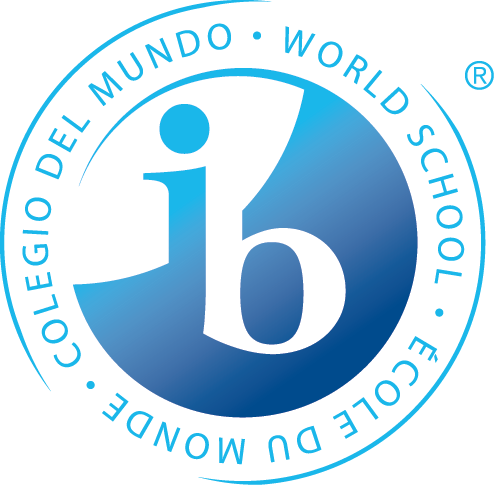-

01 Home
Home
02 Welcome
Welcome
03 About Us
Our story
04 Our Faculty
Our Faculty
05 Academic Program
Academic Program
06 Campus & facilities
Campus & facilities
07 Admissions
Admissions
08 News and Events
News center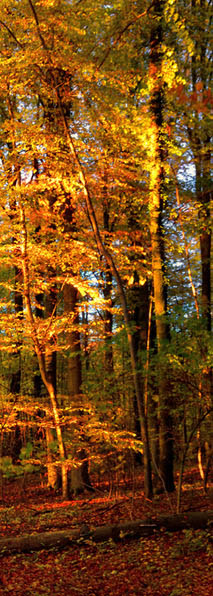
09 Contact us
Contact usACADEMIC PROGRAM
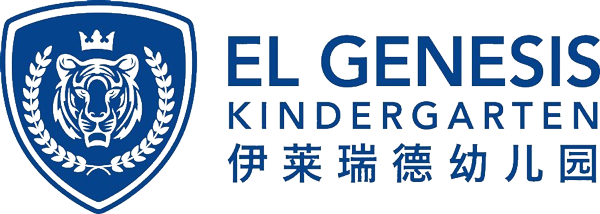
Academic Program
All categoriesAbout PYP
- Categories:Academic Program
- Time of issue:2020-09-21 11:59:25
- Views:0
Description:Description:Information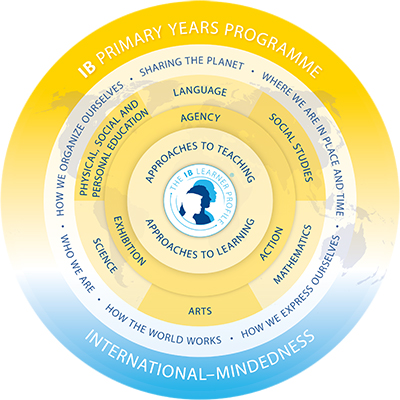
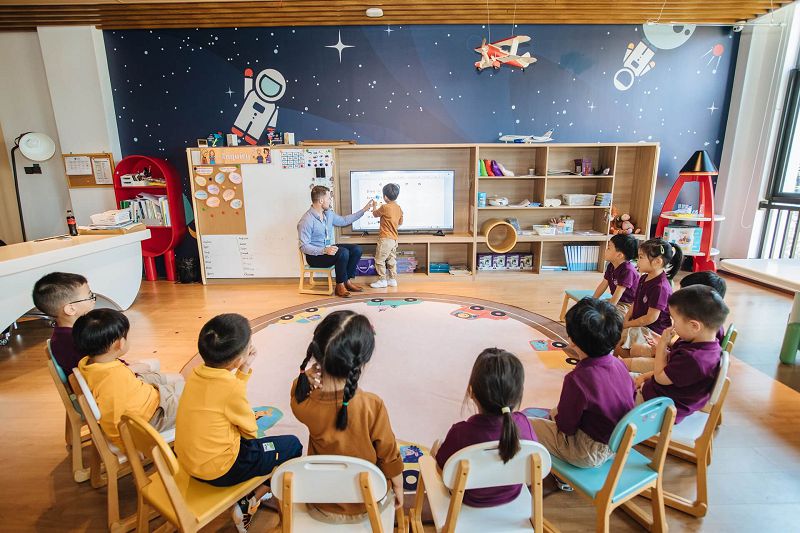
What is the IB Primary Years
Programme (PYP)?
The PYP is designed for students aged 3 to 12. It focuses on the development of the whole child as an inquirer, both in the classroom and in the world outside. It is a framework guided by six transdisciplinary themes of global significance, explored using knowledge and skills derived from six subjects areas, as well astransdisplinary skills, with a powerful emphasis on inquiry.
The PYP is flexible enough to accommodate the demands of mostnational or local curriculums and provides the best preparation forstudents to engage in the IB Middle Years Programme.
The IB Primary Years Programme
addresses students’ academic, social and emotional well-beingencourages students to develop independence and to take responsibility for their own learning
supports students’ efforts to gain understanding of the world andto function comfortably within it
helps students establish personal values as a foundation uponwhich international-mindedness will develop and flourish.
The six subject areas identified within the IB PrimaryYears Programme:
·language ·social studies
·mathematics ·arts
·science ·personal, social and physical educationThe most significant and distinctive feature of the IB PrimaryYears Programme are the six transdisplinary themes
These themes provide IB World Schools with the opportunity to incorporate local and global issues into the curriculum and effectively allow students to “step up” beyond the confines of learning within subject areas.
Who we are
Inquiry into the nature of the self; beliefs and values; person,physical, mental, social and spiritual health; human relationships including families, friends, communities, and cultures; rights and responsibilities; what it means to be humanWhere we are in place and time
Inquiry into orientation in place and time; personal histories;homes and journeys; the discoveries, explorations andmigrations of humankind; the relationship between and the interconnectedness of individuals and civilizations, from local and global perspectives
How we express ourselves
Inquiry into the ways in which we discover and express ideas,feelings, nature, culture, beliefs and values; the ways in which we reflect on, extend and enjoy our creativity; our appreciation of the aesthetic
How the world works
Inquiry into the natural world and its laws, the interaction between the natural world (physical and biological) and human societies; how humans use their understanding of scientific principles; the impact of scientific and technological advances onsociety and on the environment.How we organizeourselves
Inquiry into the interconnectedness of human-made systems and communities; the structure and function of organizations; societal decision-making; economic activities and their impact on humankind and the environment.
Sharing the planet
An inquiry into rights and responsibilities in the struggle to share finite resources with other people and with other living things;communities and the relationships within and between them; access to equal opportunities; peace and conflict resolution.
Scan the QR code to read on your phone
© 2020 EL GENESIS Inc. All rights reserved.




